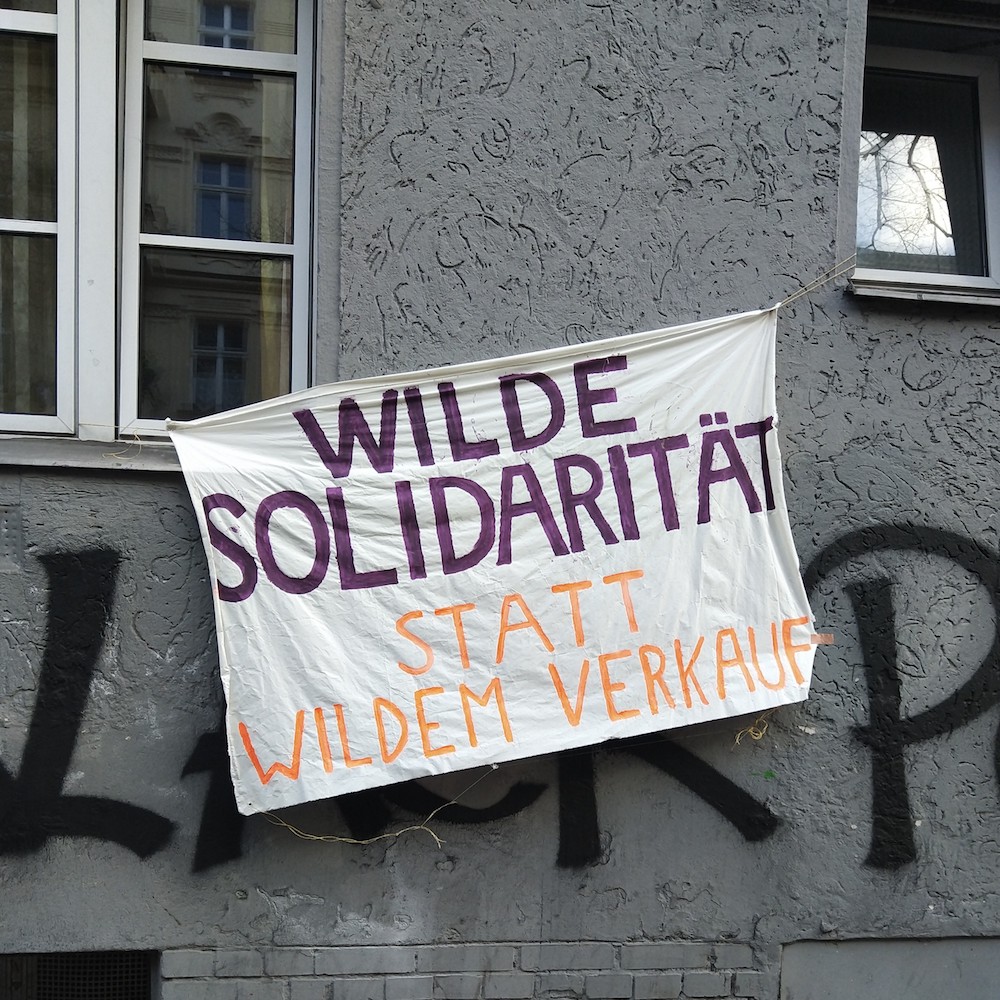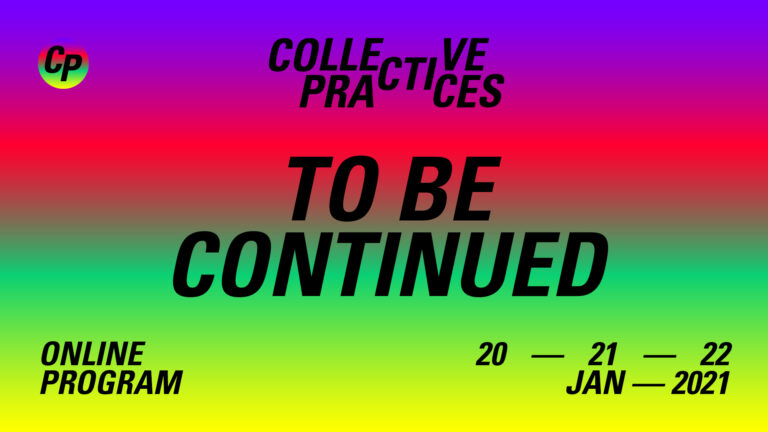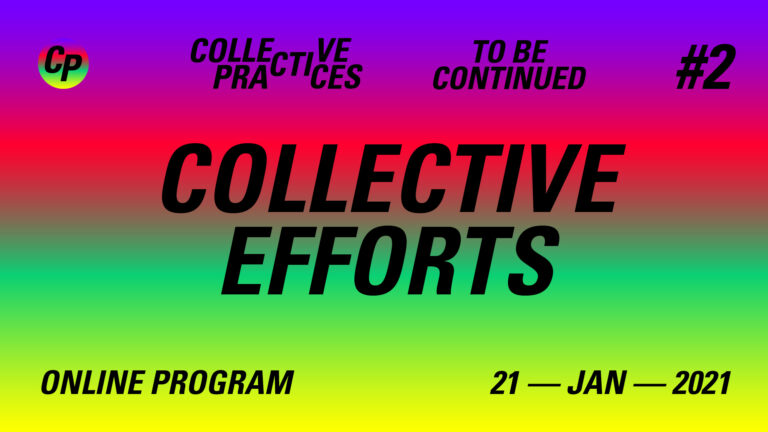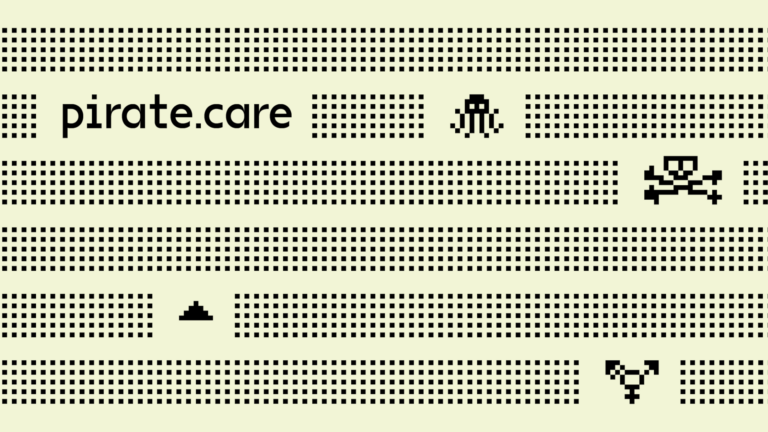Thursday, 21 January 2021, 5:00 – 6:30 pm CET
Live Stream on ACUD TV, ACUD fb and here:
In this session we aim to explore practices and concepts of solidarity – as a meta collective practice and imaginary of relation at the level of societies. During the months of the Covid-19 pandemic, the concept of solidarity frequently appears in the news headlines – in forms of solidarity with those at risk of complications from infection, with hospital workers, with your local corner pub, with those severely affected by the pandemic anywhere in the world. It is now called upon when distributing vaccines. Solidarity does not equal charity though. In solidarity, class, feminist or race struggles have joined forces in the past. Struggles for affordable housing for everyone, for a sustainable life on earth for all beings, or for open borders and rights for migrants bring different groups together in a shared vision.
Departing from an idea of solidarity as a coalition in a shared interest, in a shared utopia of a society or world we would like to live in collectively – we would like to explore and understand conceptual facets, visions and stumbling blocks, as well as learn from lived experiences and examples.
How can we work together across difference? How can we ensure that all voices are collectively heard, and stronger groups won’t define a struggle for minority ones? Can solidarity provide a meta structure for bringing different struggles together? How can we understand, deal with and communicate complexities of difference?
How can solidarity be practiced across hierarchies of privilege? Can a privileged person be in solidarity with an oppressed person, if they systematically benefit from their oppression, or can solidarity in that case only mean working towards radically changing the system (or at least try)? How do we deal with privilege and hierarchy in a solidary movement?
Can solidarity bring together people in a cause, if their objectives only overlap, but aren’t the same overall – like a fight for better working conditions combining anti-capitalists and people who just want a better wage.
Solidarity is different from charity – How can we possibly strengthen solidarity to bring people together in a struggle, rather than in a hierarchical idea of charity. And are both important?
Does our vision of democracy require solidarity as a necessary component? Can solidarity be a useful concept to include also non-human conditions? Is solidarity a challenge to power structures, or does it hold the potential to build yet other hegemonies?
How can we relate to each other more in solidarity, and make solidarity a principle of relation that’s much more in the foreground for everyone?
Participants:
Jeremy Gilbert is Professor of Cultural and Political Theory at the University of East London, where he has been based for many years. His most recent publications include “Twenty-First-Century Socialism” (Polity 2020) the translation of Maurizio Lazzarato’s “Experimental Politics” and the book “Common Ground: Democracy and Collectivity in an Age of Individualism”. In the Spring of 2020, he was Visiting Professor in the Humanities at at the Cogut Center, Brown University, Rhode Island, teaching a class for graduate and undergraduate students called “Solidarities: Sharing Freedom, Inventing Futures.”
Presentation
The Right2theCity is the english-speaking working group of the campaign Deutsche Wohnen und Co. Enteignen (@dwenteignen), a referendum and political initiative seeking to expropriate and socialize housing belonging to big property owners in Berlin. Adelaide and Laura are among the founding members of the RTC-working group.
Respondents
Matt Thompson is a Leverhulme Early Career Fellow at the Heseltine Institute for Public Policy, Practice and Place at the University of Liverpool, where he is researching the emerging global urban movement ‘new municipalism’ and its intersections with economic democracy. He is the author of Reconstructing Public Housing: Liverpool’s hidden history of collective alternatives, recently published open access by Liverpool University Press, and based on his PhD research on the city’s housing co-op and community land trust movements.
Respondent






